The 15th
LaureateTheatre/ Film
Ken Loach
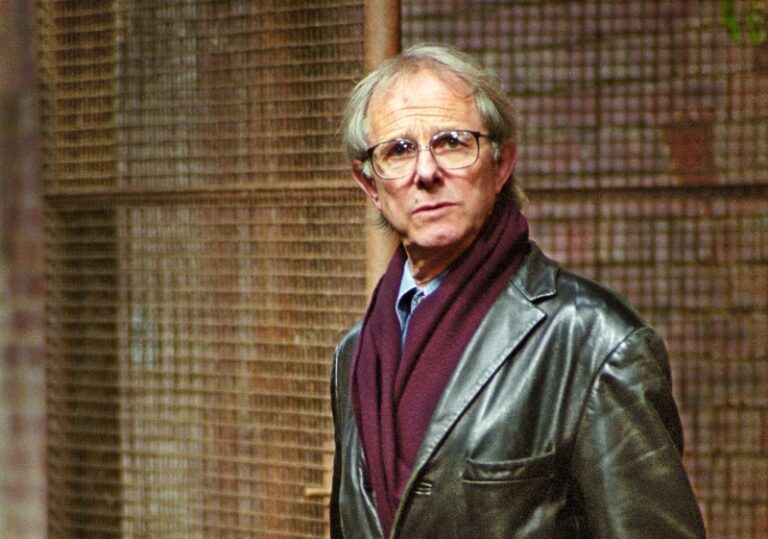
Ken Loach has been making films since the mid-1960’s,and his topics of choice remain the class system,poverty and the tribulations of the under-privileged. Although his subject matter is often hard and gritty,it is always imbued with sympathy and affection for his characters and their plight. He has made films about political violence in Northern Ireland (Hidden Agenda 1990),Nicaragua (Carla’s Song 1996) and Civil War-era Spain (Land and Freedom 1995) as well as about social misery in London and Glasgow; about Los Angeles janitors (Bread and Roses 2000),and Yorkshire railway workers (The Navigators 2001).
Biography
Ken Loach’s films are based in reality,for the most part working-class reality,and are an expression of his political commitments. Loach does not work with big budgets or big stars -on the contrary,he is inclined to find people who have never acted before. Although his subject matter is often hard and gritty,it is always imbued with sympathy and affection for his characters and their plight.
Loach is an Oxford graduate who learned his craft as a trainee at the BBC,where he made innovative and sometimes controversial weekly dramas such before embarking on a distinguished film career. One of the BBC dramas,Cathy Come Home,takes up the subject of homelessness,and resulted in public action that led to the establishment of a charity organization to help the homeless. Loach eschewed the studio set-up in favor of genuine interviews and cinema verite-type documentary fiction.
Loach’s film credits include works such as Kes (1969),Riff-Raff (1991),Raining Stones (1993) My Name is Joe (1998) and his recent film Sweet Sixteen (2002). He has been making films since the mid-1960’s,and his topics of choice remain the class system,poverty and the tribulations of the under-privileged. Increasingly,however,he makes his points with humor as well as anger.
Between 1983 and 1990,Loach was largely silenced by censorship and faced an inability to find finance. In 1990 he directed Hidden Agenda that won the Jury Prize at the Cannes Film Festival,and re-established him as a world-class feature filmmaker and master craftsman. The film,about political violence in Northern Ireland,received critical acclaim and relative box-office success. Following that,Loach made films about Nicaragua (Carla’s Song 1996) and Civil War-era Spain (Land and Freedom 1995),about social misery in London and Glasgow; about Los Angeles janitors (Bread and Roses 2000),as well as Yorkshire railway workers (The Navigators 2001).
Along with the political content and commitment is a deeper theme that has to do with the human condition,with the forces that present obstacles to the individual in society,and with hope,destiny and struggle in working class communities.
Chronology
St. Peter's Hall,Oxford University
11'09"01 - September 11
-
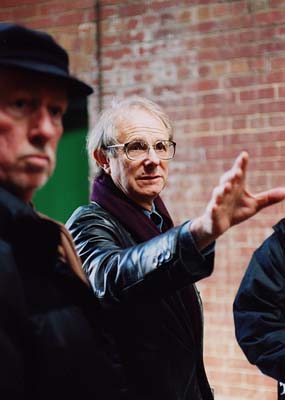
©The Sankei Shimbun 2003
-
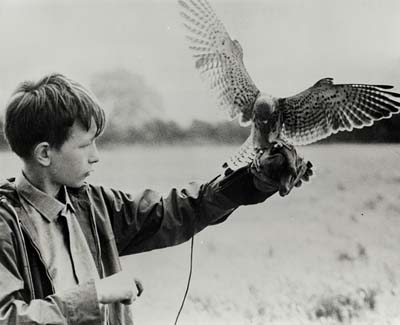
Kes, 1969
-
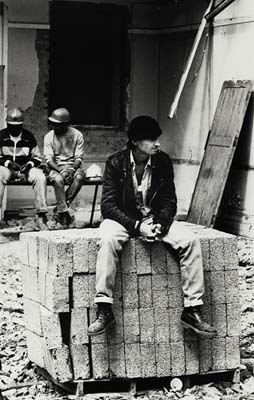
Riff Raff, 1990
-
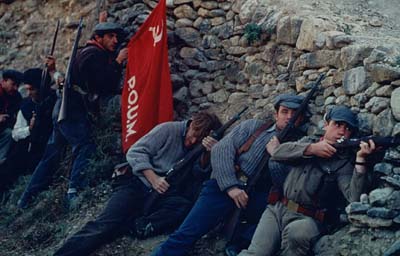
Land and Freedom, 1995
-
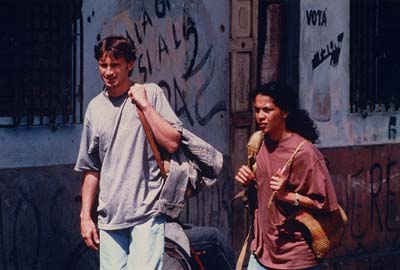
Carlas Song, 1996
-
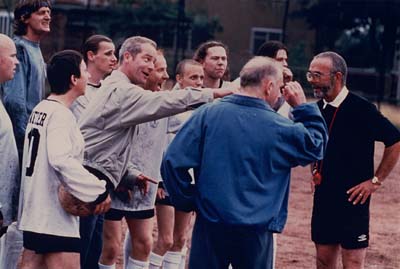
My name is Joe, 1998
-
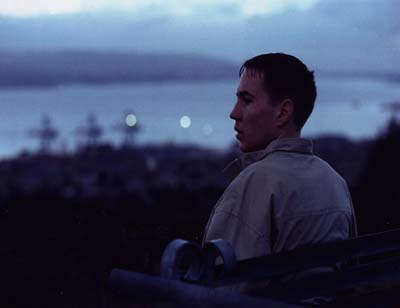
Sweet Sixteen, 2002

